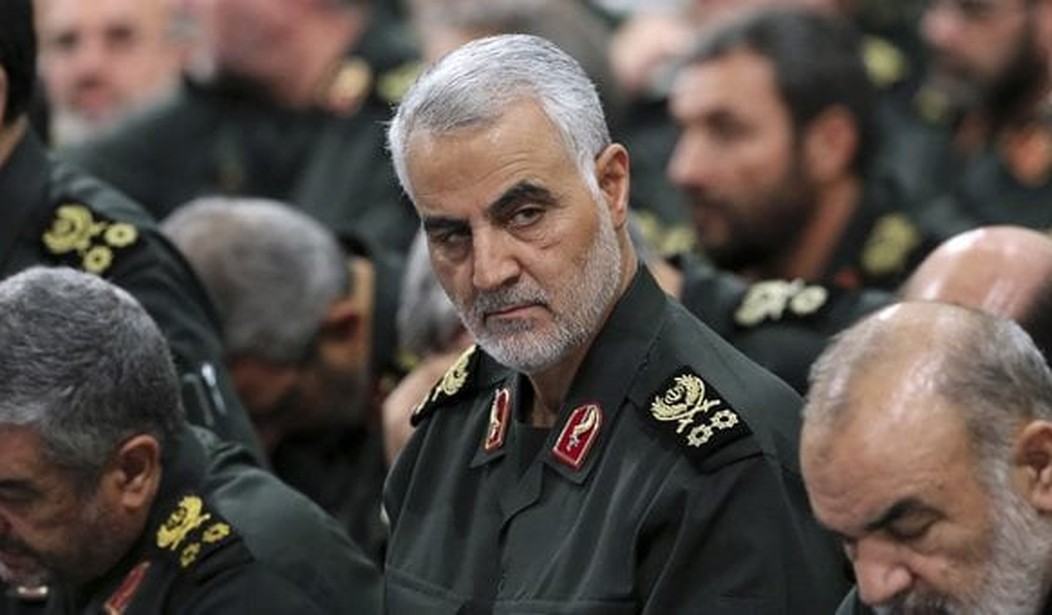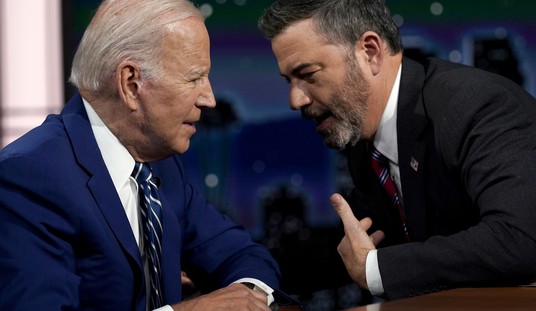On Thursday, the Senate narrowly passed a resolution declaring that the U.S. is not at war with Iran and directing Trump to immediately cease “hostilities” against Iran or any part of its government or military. Sen. Tim Kaine (D-Va.) drafted the resolution, which echoes a resolution the House passed last month. Unlike the House resolution — championed by House Speaker Nancy Pelosi — the Senate measure did not explicitly condemn President Donald Trump’s strike against Quds Force General Qasem Soleimani.
“Congress has not yet declared war upon, nor enacted a specific statutory authorization for use of military force against, the Islamic Republic of Iran. The 2001 Authorization for Use of Military Force against the perpetrators of the 9/11 attack and the Authorization for Use of Military Force Against Iraq Resolution of 2002 do not serve as a specific statutory authorization for the use of force against Iran,” the resolution states.
Since the U.S. is not at war with Iran, Trump may only order strikes against Iran in case of an “imminent attack,” the resolution claims. “Congress hereby directs the President to terminate the use of United States Armed Forces for hostilities against the Islamic Republic of Iran or any part of its government or military, unless explicitly authorized by a declaration of war or specific authorization for use of military force against Iran.”
Eight Republicans joined with Democrats to pass the resolution, 55-45, the Associated Press reported. The measure is likely to pass in the House, but unlikely to survive the president’s veto.
Kaine insisted the effort is less about attacking Trump and more about defending Congress’s authority to declare war. While presidents “must always have the ability to defend the United States from imminent attack, the executive power to initiate war stops there,” he said. “An offensive war requires a congressional debate and vote.”
On Tuesday, Trump warned that the Senate should not vote on the resolution because it would show weakness and lead Iran to “have a field day.”
“It is very important for our Country’s SECURITY that the United States Senate not vote for the Iran War Powers Resolution. We are doing very well with Iran and this is not the time to show weakness. Americans overwhelmingly support our attack on terrorist Soleimani,” he tweeted. “If my hands were tied, Iran would have a field day. Sends a very bad signal. The Democrats are only doing this as an attempt to embarrass the Republican Party. Don’t let it happen!”
….If my hands were tied, Iran would have a field day. Sends a very bad signal. The Democrats are only doing this as an attempt to embarrass the Republican Party. Don’t let it happen!
— Donald J. Trump (@realDonaldTrump) February 12, 2020
Sen. Mike Lee (R-Utah), a staunch supporter of Trump’s foreign policy, including toward Iran, nevertheless supported the resolution in order to uphold Congress’s constitutional responsibility.
“What the American people and the entire world will see from the debate we’re about to have in the Senate is that there is abundant support for the United States taking tough positions with regard to Iran,” Lee argued. “And as part of that, we want to make sure that any military action that needs to be authorized is in fact properly authorized by Congress. That doesn’t show weakness. That shows strength.”
Trump ordered the hit that took out Soleimani shortly after Iranian-backed militias in Iraq stormed the U.S. Embassy in Baghdad, which arguably constituted an act of war and which was almost certainly organized by Soleimani’s Quds Force. The Pentagon also insisted that U.S. intelligence had signs of an imminent threat to U.S. troops in the region. Yet senators briefed on the reports found them extremely lacking.
To some degree, this resolution is unnecessary. The Constitution clearly states that Congress has the authority to declare war, not the president. This resolution would not change that division of power.
While Soleimani was a high-ranking Iranian official, he was also responsible for the deaths of hundreds of U.S. soldiers who were in the Middle East under the Authorization for Use of Military Force. Taking out Soleimani arguably falls under the AUMF even in the absence of a direct imminent threat to U.S. troops, because he has been a perennial threat to U.S. troops.
Trump’s strike on Soleimani sharply contrasts with former President Barack Obama’s action regarding the Iranian thug. While the Obama administration attributed hundreds of U.S. deaths to Soleimani, they actively prevented Israel from assassinating him in 2015. Rather than just telling Israel not to carry out the strike, the Obama administration leaked information about Israel’s efforts to Iran.
It is important for Congress to assert its authority when it comes to declaring war, but it seems odd that Democrats are bent on rebuking Trump for killing one of the most notorious terrorists in the Middle East.
Tyler O’Neil is the author of Making Hate Pay: The Corruption of the Southern Poverty Law Center. Follow him on Twitter at @Tyler2ONeil.









Join the conversation as a VIP Member